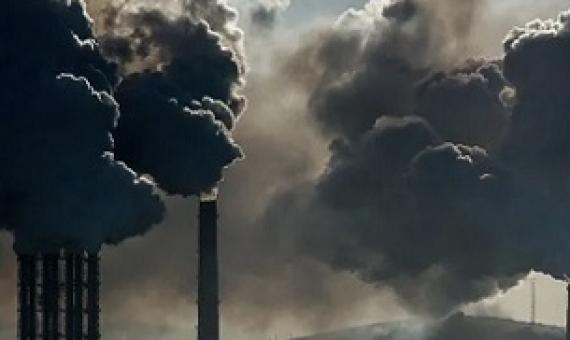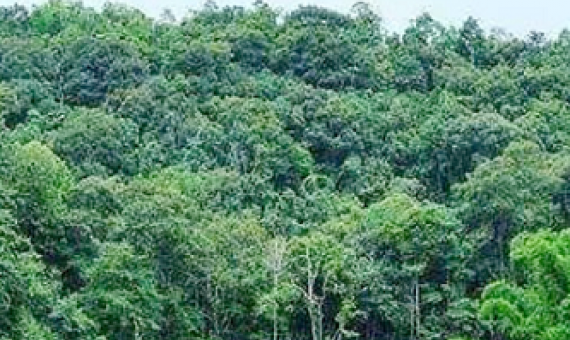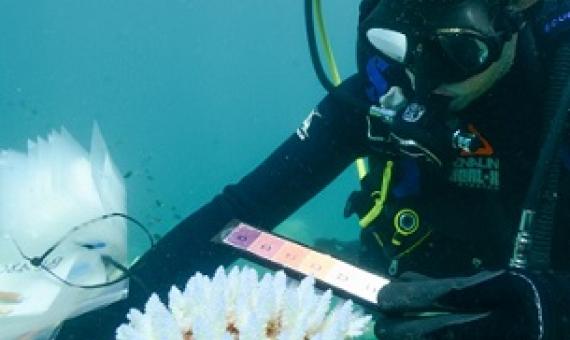Nature-based solutions for adapting to water-related climate risks
Countries are facing a pressing, complex and interlinked set of environmental crises. While significant government resources and capacities need to focus on managing the social and economic consequences brought on by efforts to manage the COVID-19 pandemic crisis, the global environmental challenges of climate change and biodiversity loss remain urgent. Recent major international reports (e.g.












